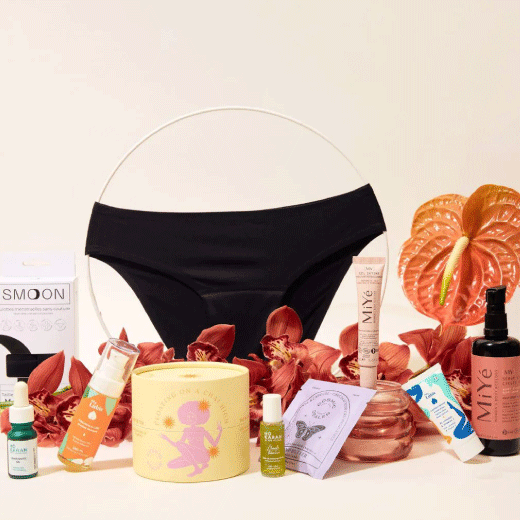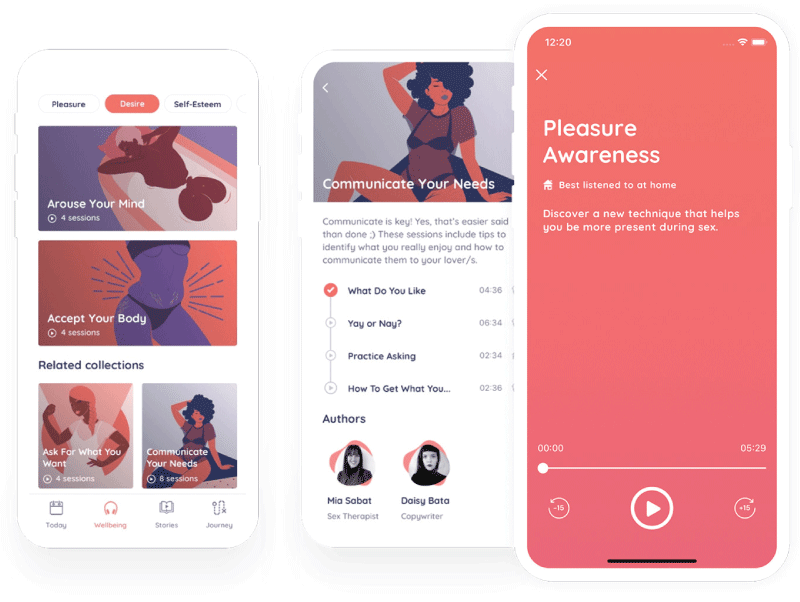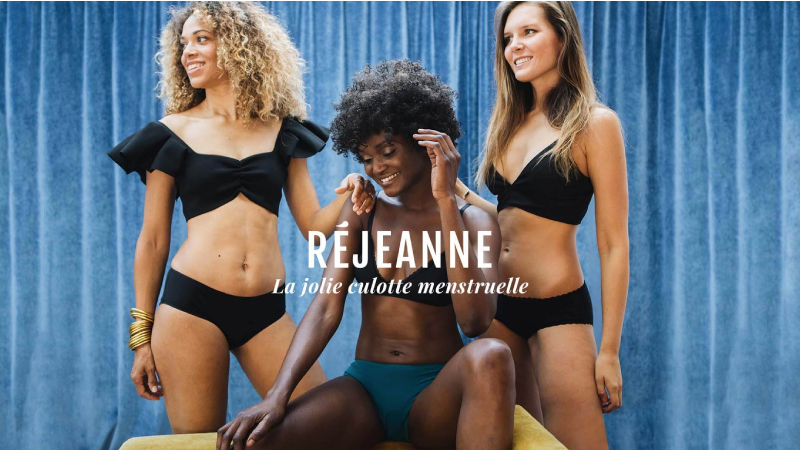France
Paris
Switch to your local agency
Back to menu
Welcome to
“Men who wear makeup are challenging traditional notions of masculinity.” Times are changing, and so are the rules of the game! Let’s put an end to stereotypes and embrace a culture of respect without judgment, allowing everyone to express themselves freely and unapologetically.
In recent years, the market for men’s cosmetics has been booming. According to a Reportlinker study, it was already valued at 38.5 billion euros in 2020 and is projected to reach 50 billion euros by 2026! With unisex, no-gender, or inclusive approaches, the world of skincare and makeup, long reserved for women, is finally opening up to everyone, regardless of gender.
Representation, inclusion, diversity… These are just some of the terms that have emerged in brand communication in recent years. Their common goal? To unite around one concept: the empowerment of individuals and the expression of oneself. In short, empowerment!
Beyond mere aesthetics, design enables brands to convey key messages regarding their stance and commitments to society.
When design is inclusive, it holds transformative power in strengthening communities and acts as a catalyst for positive social change.
Companies are increasingly required to create a space for dialogue where everyone can fully participate, express themselves freely, and empower themselves without compromise!
According to Wunderman Thompson, 90% of individuals now believe that equality is a shared responsibility, and 75% feel that businesses and brands should contribute to solving major societal challenges, such as equality and social justice. Undoubtedly, brands that take action in this direction are the most rewarded!
In fact, 66% of consumers say they are more drawn to buying from companies that take a stand on inclusion and other related issues. Moreover, an increasing number of consumers expect companies to create concrete solutions that promote their empowerment, autonomy, and mental well-being.
But how can this be achieved? Let’s focus on the main pillars, reimagined for the year 2023. ✊

Since the pandemic, awareness around the importance of mental health has become even more relevant, and individuals are turning to well-being resources to maintain balance. Online mental health platforms have been strengthened significantly to meet this growing demand, empowering people to regain control over their lives and improve their quality of life.
Empowering minorities by breaking taboos surrounding sexuality, is a must.
Over the past decade, conversations about female and queer pleasure have become increasingly accepted, and the benefits of a healthy sexuality on physical and mental well-being are widely recognized. Numerous platforms to help consumers learn more about their mental, physical, and sexual health are flourishing!
By designing products and experiences tailored to diverse gender identities, sexual orientations, and physical abilities, more and more brands are aligning themselves with the concept of well-being. Inclusive 3.0 platforms enable users to explore and embrace their sexuality in a safe, informed, and empowering manner.



Sexuality, breastfeeding, and postpartum should not be taboo subjects; the filters must come down. With this approach, we aim to modernize intimacy and remind everyone that pleasure is allowed for all.
EMJOY is a holistic sexual well-being application that offers a playlist of guided audio practices, enjoyable meditations, and erotic stories tailored to women, far from the male gaze! By providing educational content, the podcasts convey a positive message about sexuality to their listeners, fostering self-acceptance.

Developed by doctors and psychologists, ROSY represents a new model of sexual health for women that erases shame and isolation. It offers listening support and a multidisciplinary approach that accompanies users at every stage of their sexual lives.
Let’s put an end to judgments and embrace self-love!
From the blend of art and commitment comes social design. It involves using design as a tool to address social issues and enhance the quality of life within communities.
A great example of social empowerment is the highly contested market of menstrual panties in recent years. With their comfort and eco-friendliness, menstrual panties have dethroned traditional disposable menstrual products among many women.



Forty-five billion feminine hygiene products are consumed worldwide each year, with an estimated decomposition time of 500 to 800 years. Approximately 13,320 menstrual products are used during a woman's lifetime, resulting in around 1,650 euros in expenses. In contrast, a menstrual panty costs between 30 and 35 euros and has a lifespan of five to seven years.
The harmful effects of tampons and pads on women’s health, particularly due to the presence of dangerous chemical compounds, have led to a growing ecological and economic awareness.

As a pioneer of made in France menstrual lingerie, RÉJEANNE offers a range of organic cotton panties tailored to different flow levels. With its patented technology and OEKO-TEX certification, the Réjeanne panty provides unprecedented comfort and allows freedom of movement without compromising on bodily health.
Being free, eco-friendly, and economically conscious is a winning choice. Ladies, the time for change has come!
Conscious of the societal and environmental impact of their actions, brands are increasingly turning to design to convey their values and commitments. With its ability to tell stories and convey powerful messages, design provides companies with a unique platform to raise awareness among consumers about crucial current topics.
So, we’ve all understood: through technological innovations and global awareness, design empowers individuals to regain control of their lives, well-being, and leisure. And the brands that will be most rewarded are undoubtedly those that continue to create inclusive, accessible, and representative solutions that cater to the diversity of needs and experiences of each individual. We are the protagonists! ✊